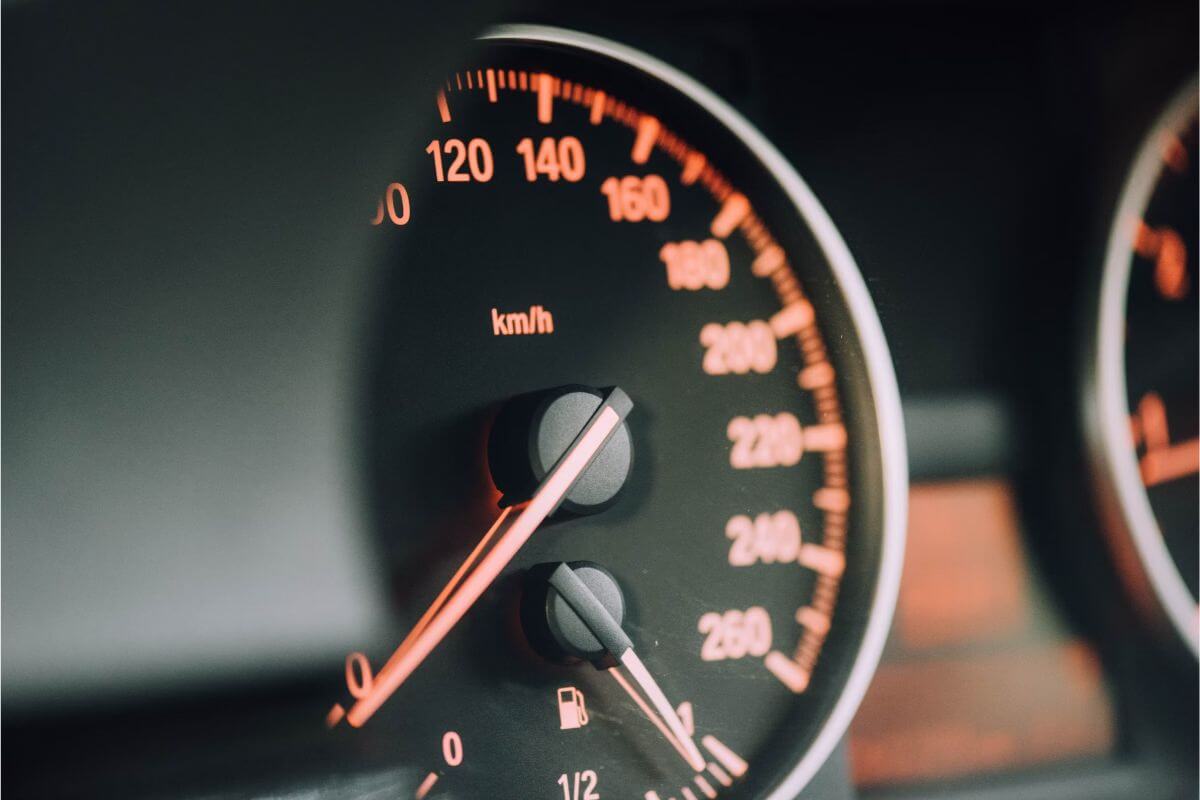Fuel consumption is one of the benchmarks that influence the decision to purchase a new car. Regardless of whether you are planning an investment in this direction or already own a car, it is advisable to know when fuel consumption increases, to know the causes that lead to this consequence and the solutions by which fuel consumption can be prevented.
Contents:
- When does fuel consumption increase? - Frequent mistakes by which drivers unconsciously reduce the life of the car
- Increased fuel consumption, causes caused by negligent behavior of drivers
1. When does fuel consumption increase? - Frequent mistakes by which drivers unconsciously reduce the life of the car
If you are among the new drivers or have recently obtained your license, it is good to know when your car's fuel consumption increases and especially what are the methods of remediation before the situation gets out of control.
When fuel consumption increases, expenses and the number of refuelings automatically increase. In order to provide you with the most pleasant driving experience at all times, it is necessary to take into account the most frequent factors that influence the fuel level.
- Tire pressure level
For example, tires that are not inflated to their optimum capacity will make the car difficult to maneuver. This forces the car to move, which leads to increased fuel consumption and therefore expenses.
In the case of inexperienced drivers especially, these fuel losses are imperceptible or can even be neglected by the driver. Asking for help from authorized services helps to solve this inconvenience and save the personal budget.
- Thermostat failure
Specialists recommend keeping the thermostat in the closed position until the antifreeze reaches 90 degrees. A defective thermostat or the lack of its tight closure are situations that often favor an increase in fuel consumption.
- Compromised spark plugs
Increased fuel consumption can also be caused by spark plugs in a compromised state. Faulty spark plugs affect the operation of the engine, which will be manifested by difficulty starting the car.
- Low cylinder level
After exceeding a certain threshold of kilometers, the pistons and valves begin to fail, the cylinder level to decrease, a process that leads to increased fuel consumption.
- Locking brakes
One of the most common causes of fuel surges involves handbrake failure, resulting in overstressing the engine, overstressing the car and unnecessary fuel consumption.
2. Increased fuel consumption, causes caused by negligent behavior of drivers

In many situations, increased fuel consumption can occur due to a negligent or ignorant attitude on the part of the driver.
- Oil type and viscosity level
It is preferable to use only the oil specified by the manual or manufacturer of your car and to change it at the appropriate term.
Using an outdated oil exposes you to the risk of unnecessary fuel consumption, because it has weakened the degree of viscosity of the liquid that had to be changed on time. The specialists from the automotive field is of the opinion that fuel loss can increase by up to 12% if the oil is incompatible with the engine. Furthermore, the wrong oil can expose the engine to risks that could lead to major breakdowns and, of course, additional service costs.
- Excessive use of air conditioning
Increased fuel consumption can also be caused by the use of air conditioning. If the outside temperature is pleasant and the atmosphere in the car is not suffocating, then open the windows and turn off the ventilation.
- Overriding the autopilot function
If you are wondering why the fuel consumption increases even though you have avoided the situations that lead to such losses, then the autopilot should be activated when driving on the highway.
- Failure to adapt to road conditions
When your fuel consumption increases then your speed should be checked. Aggressive driving, sudden shifting from one gear to another and speed not adapted to the road conditions influence the fuel level. So keep your driving speed constant and brake or accelerate gradually.
- Clogging of air filters and failure of oxygen sensors
The existence of clogged filters that make it difficult for the engine to work and the presence of oxygen sensors in a degraded state can show why the fuel consumption increases by about 20%. Call car services in case of oxygen sensor failure and request filter cleaning services to avoid fuel loss.
In conclusion, if you notice that the car is recording seemingly inexplicable fuel consumption on a simple car evaluation, then ensuring the necessary maintenance by a quality service is more than necessary. Any of these causes of increased fuel consumption could cause malfunctions that interfere with your driving experience.
Photo source: unsplash.com .
